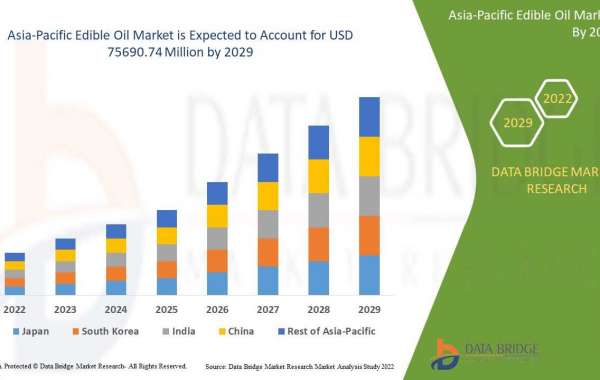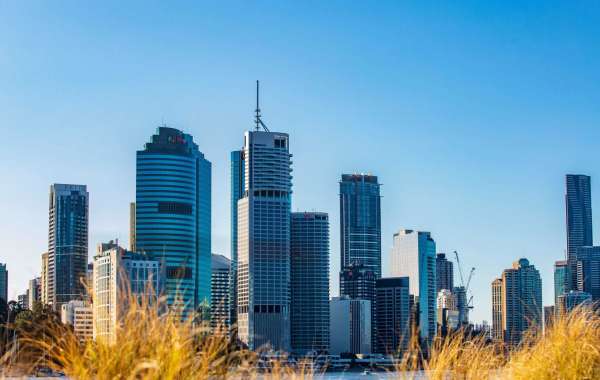Latin America in 2022 saw the dramatic ouster of former Peruvian President Pedro Castillo and Nicaragua’s ongoing descent into autocracy — and 2023 is expected to have no shortage of stories about political instability, major elections, and the first year in office for new leaders.
The big picture: The U.S. has complex and critical relationships with key Latin American countries, several of which are major sources of migration to the U.S.
Here’s what we’re watching in 2023:
Argentina: Argentines are set to elect a new president, Congress and governors in most provinces on Oct. 29.
Bolivia: The arrest of opposition leader Luis Fernando Camacho in late December launched intense political unrest that is expected to continue for months.
Brazil: The return of President Luiz Inácio Lula da Silva could bring drastic changes to the country, including the reversal of lax gun laws and an emphasis on efforts to slow deforestation in the Amazon that critics say former President Jair Bolsonaro exacerbated.
- But Brazil’s society is sharply polarized and the economic outlook is far bleaker than when he was first in office, Axios’ Dave Lawler reports.
- Still, Lula has big ambitions for regional integration and global leadership, in addition to his domestic agenda.
Chile: The first attempt at ushering in a radically new constitution last year failed, but President Gabriel Boric, who campaigned on the issue, has vowed to try again.
El Salvador: President Nayib Bukele’s battle against gangs has raised questions about human rights abuses, but he’s doubled down and extended a national state of emergency, which is still in effect.
Mexico: President Andrés Manuel López Obrador is expected to meet with President Biden and Canadian Prime Minister Justin Trudeau next week for the North American Leaders’ Summit after a few years of a prickly relationship with the U.S.
- He’s expected to continue his push for elections reform despite heavy criticism that it’ll threaten the independence of the National Electoral Institute (INE) and give his party too much power over it.
Nicaragua: The government of Daniel Ortega has consistently cracked down on dissent and critics, including expelling nuns from a charity originally founded by Mother Teresa.
- It doesn’t appear that anything will slow Ortega’s increasing authoritarianism. Ortega has curtailed press freedom over the last several years, revoking the licenses of 17 media organizations last summer.
Peru: Political unrest has not let up since ex-President Pedro Castillo was ousted and arrested last month after he said he’d dissolve Congress, where he was facing impeachment.
- At least 22 people have died in protests and activists want President Dina Boluarte, formerly the vice president, to resign.
Venezuela: The future of Venezuela’s governance is even more uncertain after opposition lawmakers dissolved the interim government and ended the leadership of Juan Guaidó, whom the U.S. previously recognized as the nation’s legitimate president.
- The opposition late last year began negotiations with the Maduro government on several areas of contention, including fair elections, but Guaidó’s ouster puts into question the future of any agreements.
- Talks between Maduro and representatives of the opposition are likely to continue, but Maduro has thus far “shown no willingness at any point to grant the kinds of concessions that might lead to free and fair elections,” one expert tells Dave.
- The U.S. has already softened its approach to Maduro, and this year will test just how much relations can shift.
https://altadefinizione-senza-limiti.blogspot.com/2023/01/the-year-ahead-for-latin-america.html
https://groups.google.com/g/stream-movies-4k/c/yD5YyUjonmw
https://sway.office.com/62zF9jas82mRcCSI
https://www.podcasts.com/tokyoo/episode/the-year-ahead-for-latin-america
https://www.scoop.it/topic/the-year-ahead-for-latin-america
https://www.click4r.com/posts/g/7548221/the-year-ahead-for-latin-america
https://gotartwork.com/Blog/the-year-ahead-for-latin-america/112583/









